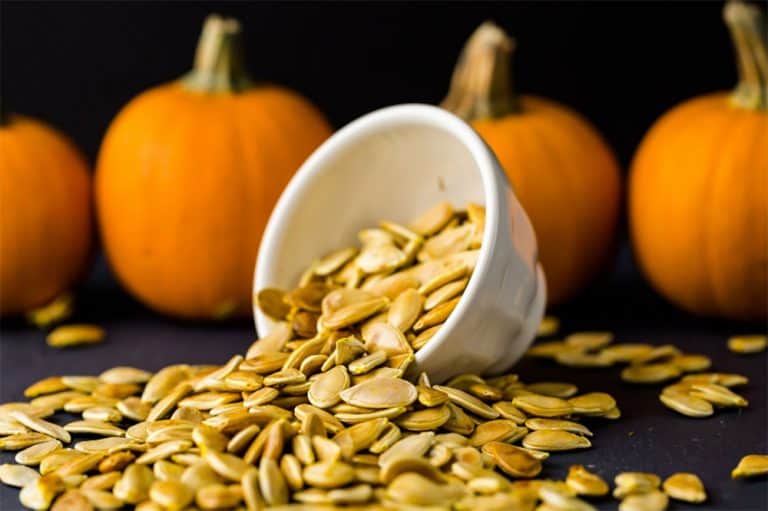13 Companion Plants For Bok Choy-Best & Worst![2023]
Are you looking for the best companion plants for bok choy to give your garden a little boost this year? You’re at the right place!
Being avid gardeners for the past few years, my brother and I have grown fond of planting bok choy as they are one of the most versatile, easy-to-grow vegetables to plant.
They have amazing health benefits and taste great too – whether in hearty soups or a quick stir-fry. If you’re just thinking of whether to add bok choy to your garden, we highly recommend it.
Although bok choy is relatively easy to cultivate, it’s no harm in adding companion plants for bok choy to help keep your yield healthy and deter pests away from your garden.
Companion Plants for Bok Choy At A Glance
- Garlic
- Onion
- Chamomile
- Rosemary
- Mint
- Sage
- Thyme
- Nasturtiums
- Marigold
- Celery
- Parsley
- Potatoes
- Carrots
- Cilantro
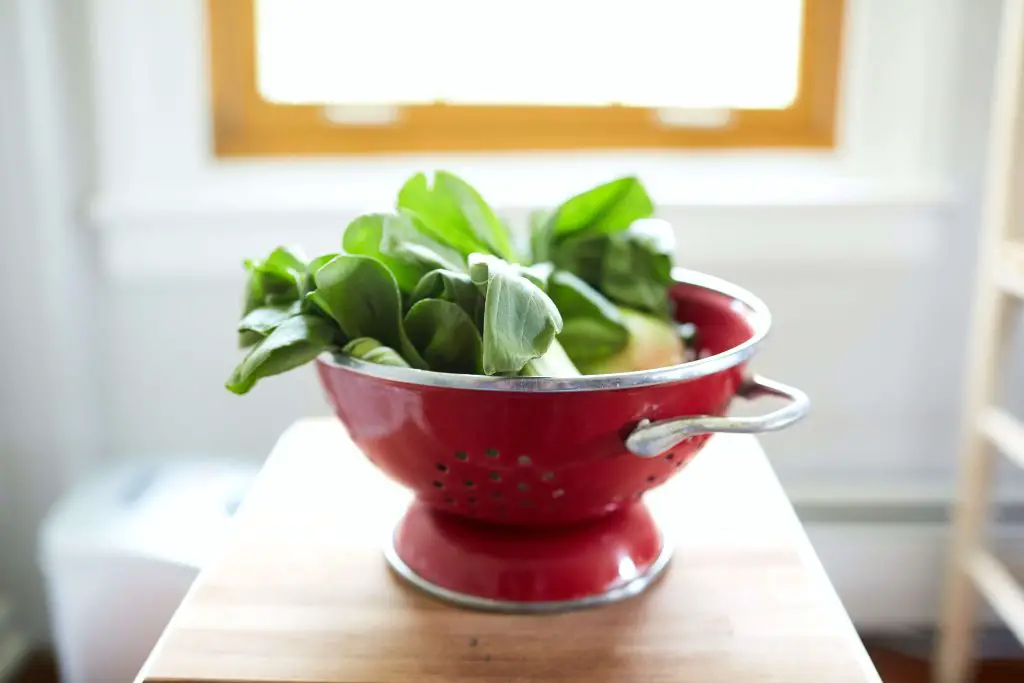
Affiliate Link Disclosure
Some of the links on here are affiliate links and I may earn if you click on them, AT NO EXTRA cost to you. Hope you find the information here useful! Thank you.
Related Posts
- 11 Best Companion Plants For Oregano & What To Avoid! [2023]
- 15 Companion Plants For Cantaloupe & What To Avoid! [2023]
- 15 Companion Plants For Cantaloupe & What To Avoid! [2023]
Good Companion Plants for Bok Choy
The first tip to look out for when planting bok choy is to control and manage pests. With the correct companion plants, you may keep the nasty pests away from your crops.
Companion plants are a vital part of gardening as they repel pests, attract beneficial insects, provide nutrients and support and help with the overall health of your crops.
What makes good companion plants for bok choy you may ask? As a brassica plant, the best companion planting for bok choy will typically be aromatic herbs, alliums, and plants that have a strong scent that will repel pests from your garden.
Here are some good companion plants for bok choy:
1. Alliums Like Onion And Garlic
Allium plants like onion and garlic are typically the best companion plants for bok choy as they have a strong enough fragrance that would confuse any pests that are likely to be attracted to your bok choy crops.
Onions, in particular, can also help deter cabbage maggots and slugs which are likely to eat through your bok choy crops.
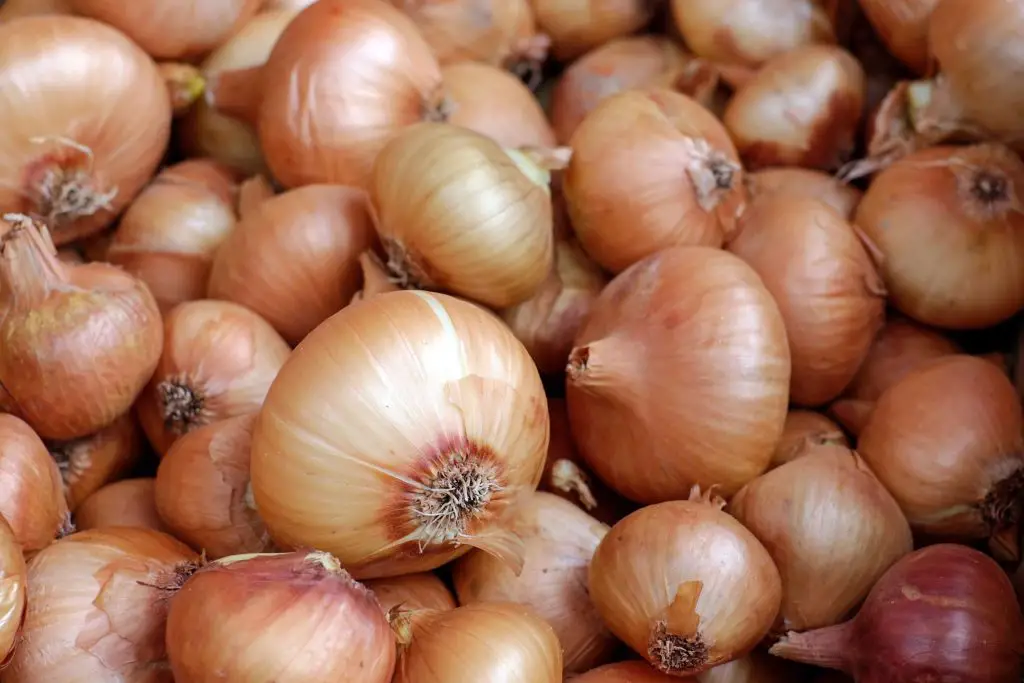
If there is one thing, in particular, to take note of is that alliums usually demand a larger root space and that may take up a lot of soil space from your bok choy as well.
So, be sure to carefully space out your bok choy crops with your alliums so that both plants are able to thrive together in your garden.
2. Aromatic Herbs Like Chamomile, Rosemary, Mint, Sage, and Thyme
Aromatic herbs make brilliant companion plants for bok choy as their strong scents confuse and keep pests away from your crops. Well-loved by gardeners, herbs also make your garden smell like a natural aromatherapy spa!
Chamomile is great for its antifungal and antibacterial properties which can prevent your bok choy from garden illnesses and crop diseases that can easily keep your bok choy plant from flowering.
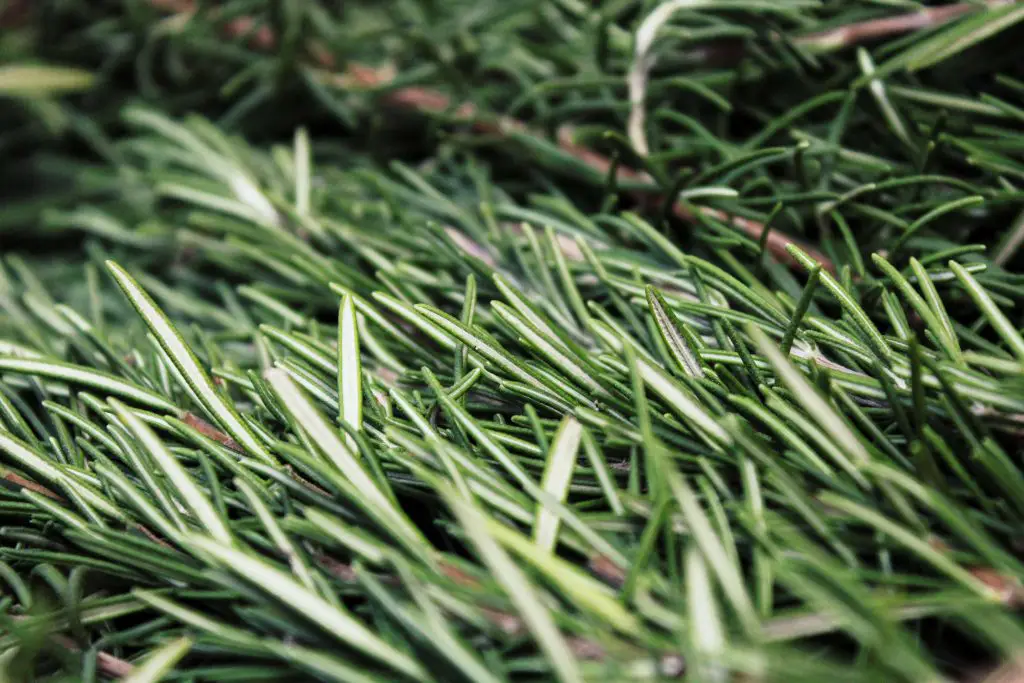
Rosemary works well as a companion plant for bok choy as its strong aromatic oils come in handy when it comes to pest prevention.
Additionally, this herb may also improve the flavor of your bok choy as its oils and properties seep into the cultivation of your crops.
Mint or peppermint also has a strong, spearmint smell which is great for keeping pests away from your garden, making it one of the best companion plants for pak choi.
Since planting mint might take up a lot of root space as well, we’d recommend planting it in its own pot and placed near your bok choy to manage crop competition.
Sage teams up with bok choy well, as its aromatic scent helps defend your crops from cabbage worms, slugs, and other aphid attacks.
Also, it’s always good to have some sage around the house as a garnish for meals, they have brilliant antioxidant properties!
Thyme is another aromatic herb that you’d want to have around your bok choy garden. A stash of thyme could help repel any aphids and nasty flea beetles that might eat up all of your bok choy.
3. Flowers like Nasturtiums and Marigold
It’s safe to say that nasturtiums are bok choy’s best friends who want nothing but the best for bok choy.
Nasturtiums are beautiful flowering plants that are easy to grow and are of climbing and cascading nature, making a really beautiful facade in your garden.
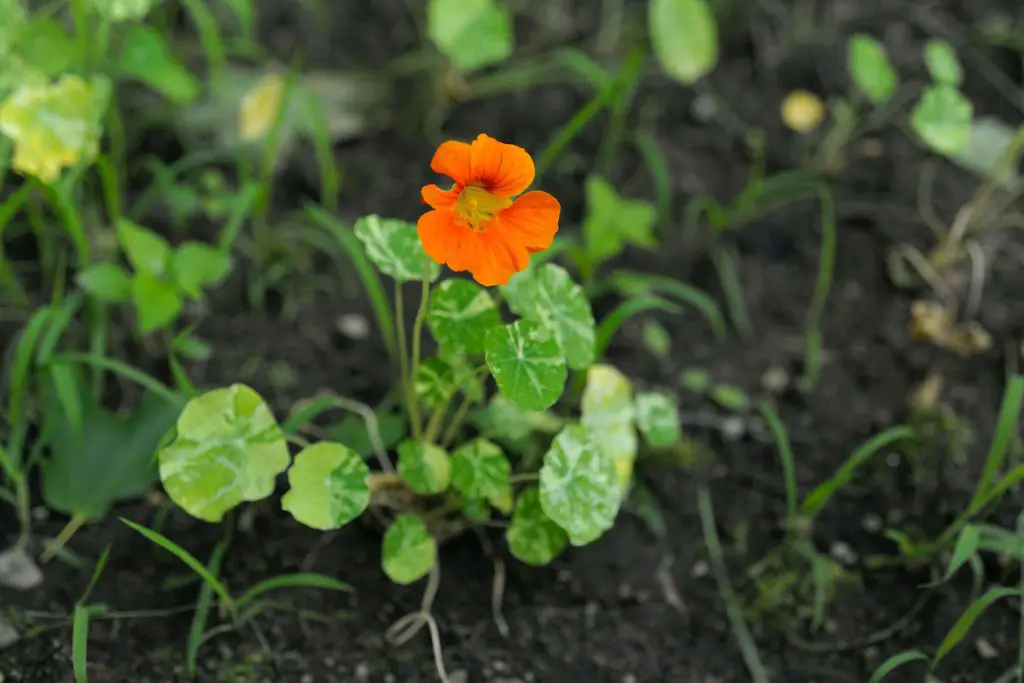
They are also famously known in the gardening community as ‘trap crops’ that attracts and traps predatory insects like cabbage worms, aphids, and slugs from getting to your bok choy crops.
Marigolds are also a great alternative to nasturtiums as companion plants for bok choy. Not only they are beautiful, but they also attract pollinating insects like butterflies to keep your crops well-pollinated and protected from aphids and slugs.
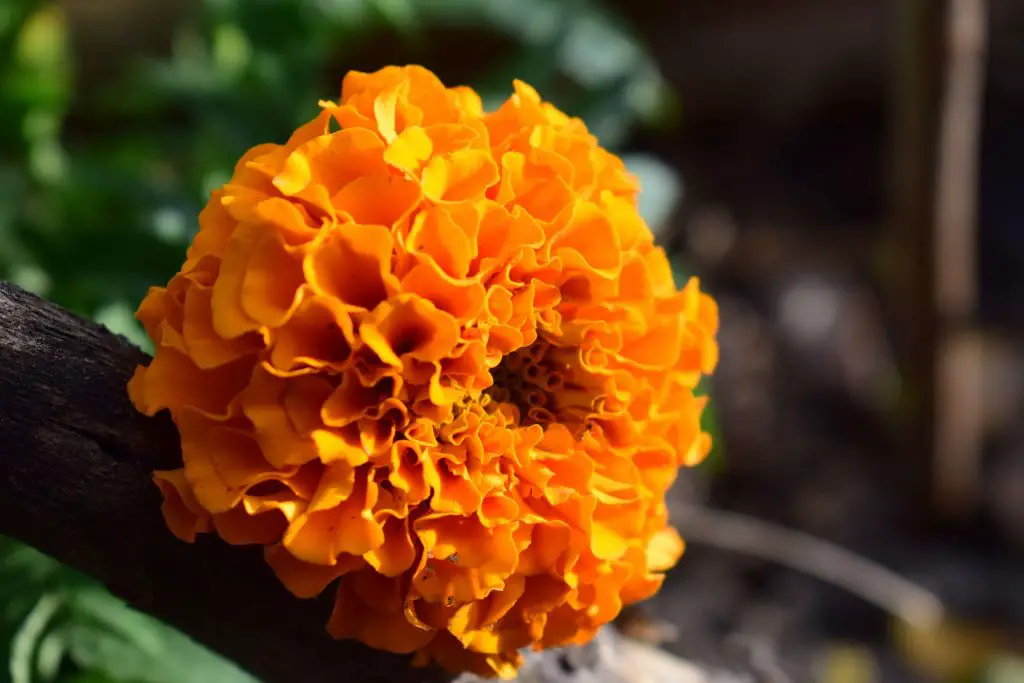
4. Other Plants Like Celery, Parsley, Potatoes, Carrots, and Cilantro
Apart from aromatic herbs and alliums, you can also plant other vegetables around bok choy as a companion plant such as celery, parsley, potatoes, carrots, and more.
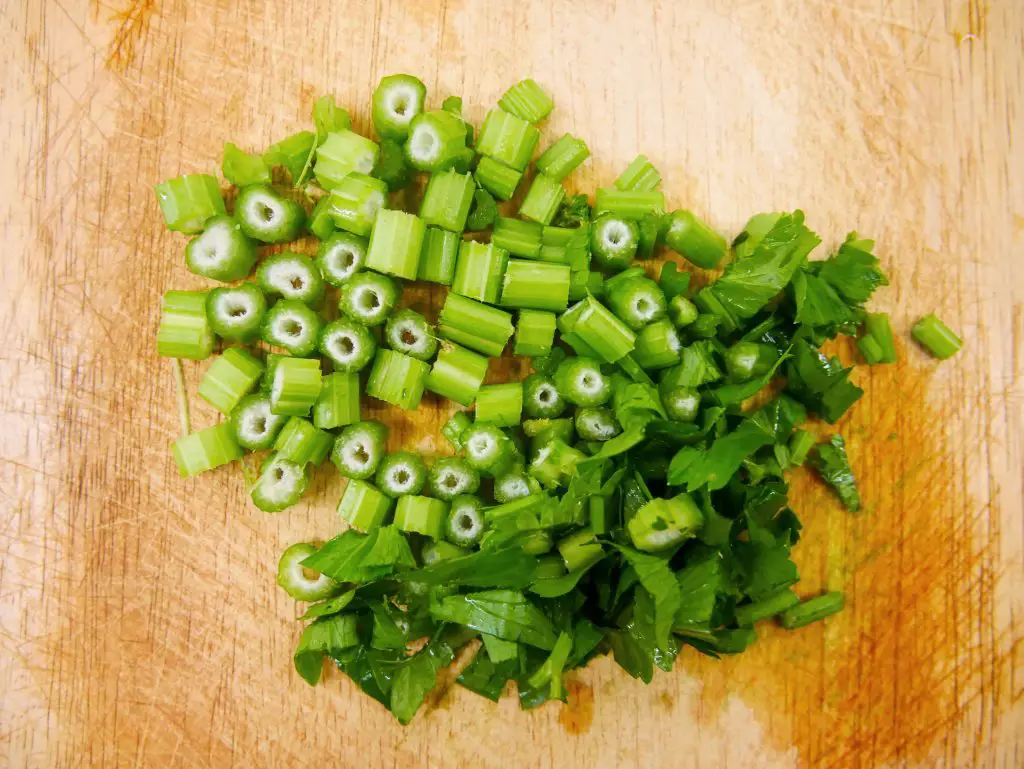
Celery and parsley are great at attracting predatory insects like wasps, bees, and ladybugs that are harmful to your bok choy crops.
A trick to deter roaming deers from eating your celery, as well as growing vegetables around, is to plant an aromatic herb such as rosemary in the perimeter to confuse the overall scent.
Other great companions for planting bok choy would be root vegetables like potatoes and carrots, coriander, peas, kale, lettuce, and bush beans. All of these repel insects and have antioxidant properties when planted in the same soil as your bok choy.
What Not To Plant With Bok Choy
If you’re wondering if there are any bok choy bad companion plants, the answer is an astounding yes!
Some frequently asked questions are as below:
- Can you plant bok choy with peppers?
- Can you plant bok choy with broccoli?
- Can you plant bok choy with tomatoes?
Well, let’s demystify them once and for all.
The basic rule of thumb is to avoid other brassicas – this includes peppers, broccoli, potatoes, tomatoes, brussel sprouts, cauliflowers, and eggplants.
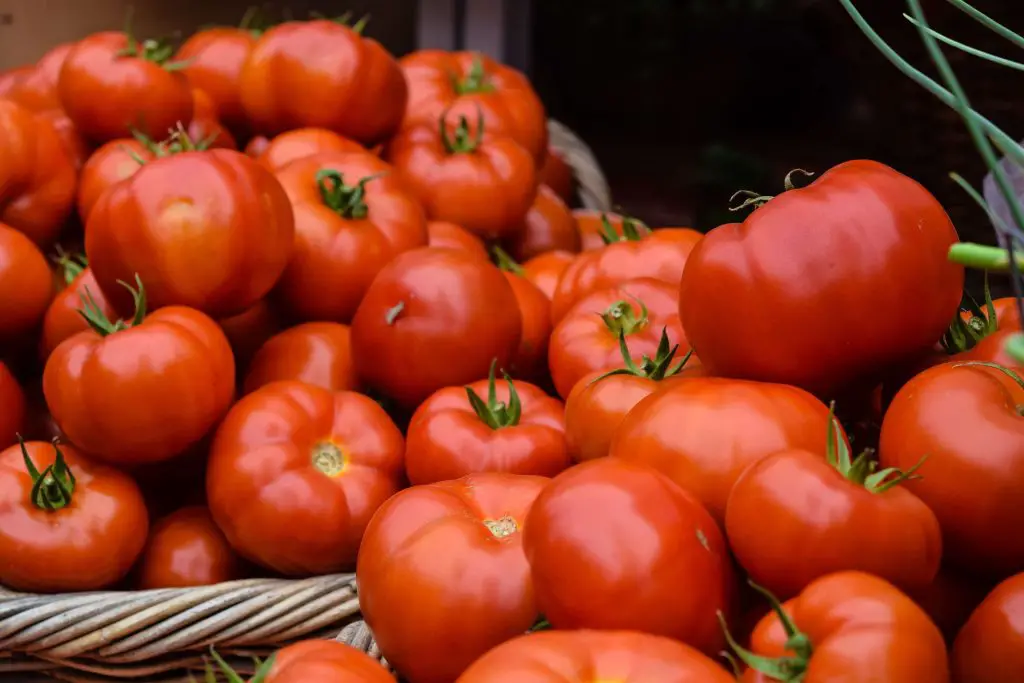
Brassicas in general require a larger root space for them to cultivate and grow, so if two different types of brassicas are grown together, you may have a situation of high competition and shared pests.
This would not only kill your bok choy faster, your whole garden may not be able to thrive.
What Are Bok Choy?
Pak choi and bok choy are essentially mild-cabbage-like leafy vegetables that are easy to grow, cultivate, maintain and harvest. They usually thrive in cooler weather, especially during spring, but generally are simple to cultivate in your home garden.
Very prominent in Chinese cooking, bok choy is a staple vegetable that tastes great in soups, and stir-fries or can also be eaten raw in a salad.
Planting bok choy is a simple process, however, it is very prone to pests like slugs, cabbage worms, and aphids. So, you’d need to take note of good companion plants to help deter them from killing your bok choy crops.
How To Plant Bok Choy
Bok choy are versatile plants that can be grown from seed or transplanted into a container. It doesn’t take long for a plant to grow, usually, seeds and transplants will start growing within 4-6 weeks depending on the bok choy variety and soil.
If you’re going the direct seeding route, start by planting your seeds ¼ to ½ inch deep into your garden soil, 1 inch apart. It’s best if the seeds are planted at a distance of at least 18 inches apart to enable sufficient root space for cultivation. The distance can be adjusted to about 8 inches as your crops start to grow.
- Plant From Container
If you’re looking at transplanting bok choy, I’d recommend slowly acclimating the plants to the outdoors, as a sudden transplant shock may cause plants to die at a quicker rate. So, seeding it directly may be the safest option to go about planting bok choy in your garden.
When To Plant Bok Choy
Spring is the best time to plant bok choy. Since bok choy thrives in cooler weather and temperatures, plant it as early as spring arrives to ensure your bok choy is strong enough to withstand warmer temperatures when summer arrives. You can plant bok choy from seeds or transplant them, but I’d recommend sowing seeds directly to ensure success.
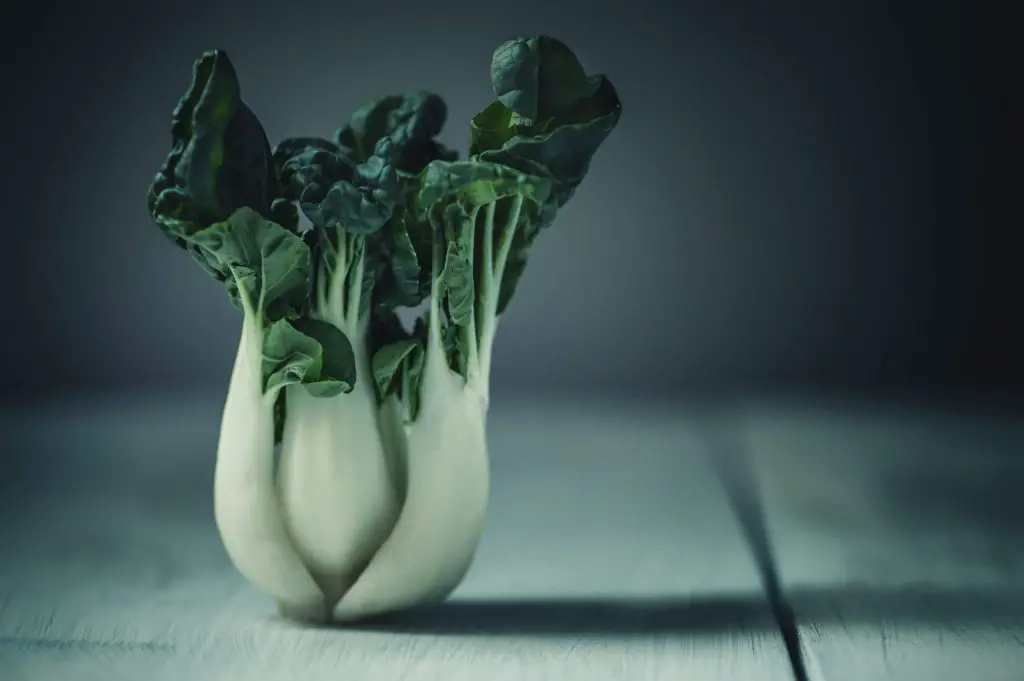
How Long Does Bok Choy Take To Grow
It takes bok choy 45-60 days to grow and is ready for harvest. With that said, it also depends heavily on the type of bok choy as well as the temperatures it is grown in.
To ensure success, I’d recommend seeding them as early as spring arrives and making sure you plant good companion plants around them to deter pests and attract pollinating insects to help with yield.
Tips on Caring for Bok Choy
Some tips and tricks to ensure your bok choy crops grow well:
- Bok choy sun requirements are simple. Be sure to seed them in a sunny site with good drainage and you’re good to go.
- Grow good companion plants like alliums and nasturtiums around bok choy to keep nasty pests away from your crops.
- Add a well-balanced fertilizer to give your bok choy a little nutrient booster after thinning.
- It’s always a good idea to keep up with a good watering system to ensure optimum soil moisture. However, like many plants, over-watering might also trigger a pre-mature bolt.
- A good rule of thumb is to harvest your bok choy crops before summer to avoid pre-mature bolting and late harvesting might also lead to bitter leaves.
- How to store bok choy, you may ask? To keep your harvest fresh, wash your bok choy and store them in an airtight container in the refrigerator as soon as possible to keep your leaves from wilting.
- Coat your garden with a layer of organic mulch such as straw with a mix of compost and manure to enable a healthy cultivating environment for your crops to grow.
- We know that it’s easier for us to use our hands to harvest, however always utilize a pair of gardening scissors or knives for harvesting to ensure even harvesting
FAQs On Companion Plants For Bok Choy
Does Bok Choy Like Sun or Shade?
Wondering does Bok choy like sun or shade? Bok choy grows best in cooler weather, however, if you’re growing them in a hotter climate, bok choy does well in part shade as well. Typically, the sun requirement for cultivating bok choy is about six hours of direct sunlight each day coupled with optimum watering and fertilizing.
Can I Plant Bok Choy With Kale?
So, can I plant bok choy with kale? It is not recommended to plant bok choy with kale, because they are both from the same brassica family with similar needs and requirements. This will lead to premature bolting due to the high competition of nutrients, root space, and sunlight.
I’d recommend planting bok choy with alliums, flowers, and other vegetation like celery, carrots, potatoes, and cilantro to ensure cultivation success.
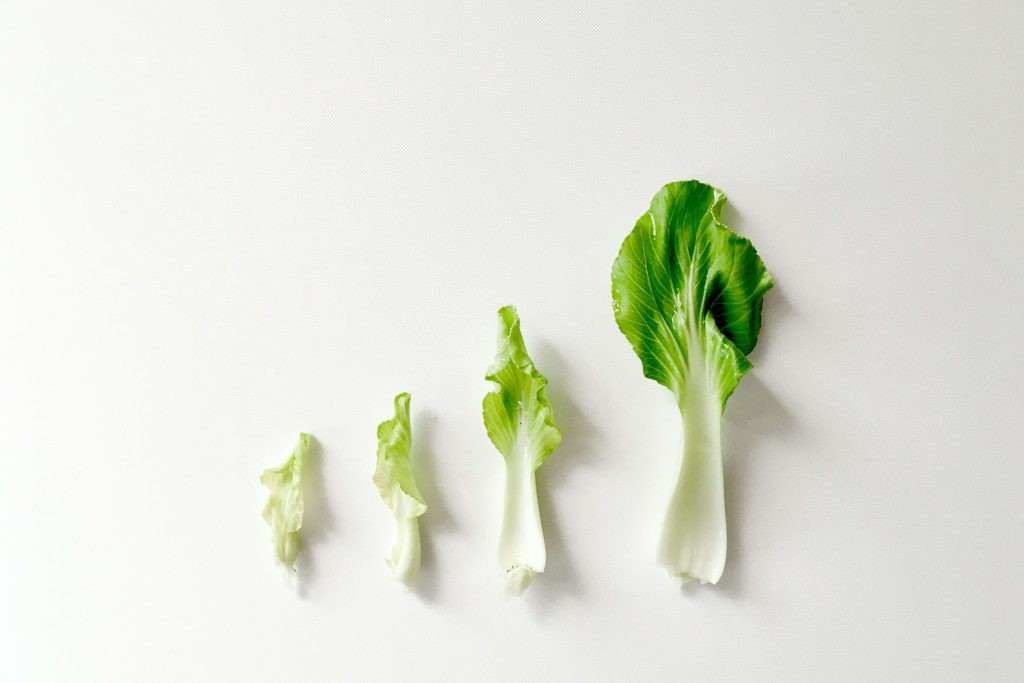
Is It Worth Having Bok Choy Companion Plants?
Is it worth having bok choy companion plants? In a nutshell, when growing bok choy we highly recommend growing bok choy companion plants to yield a stronger harvest this coming season.
Whether it be alliums like onions and garlic or other root vegetables like carrots and potatoes, having the right companion plants not only boosts the immunity of your crops but will also improve the flavor of your bok choy. It’s really a win-win situation!
Start now – or better still early spring next year and you’re guaranteed a full harvest of fat, juicy and crunchy bok choy by end of summer – it’s worth the patience, perseverance, and hard work!






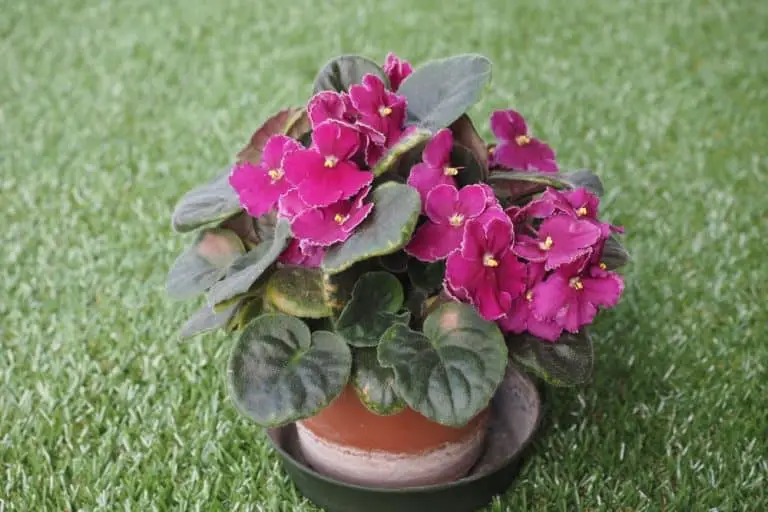
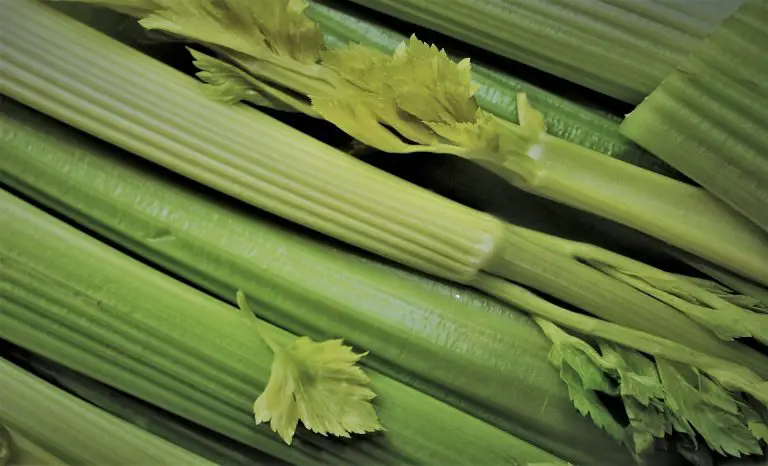
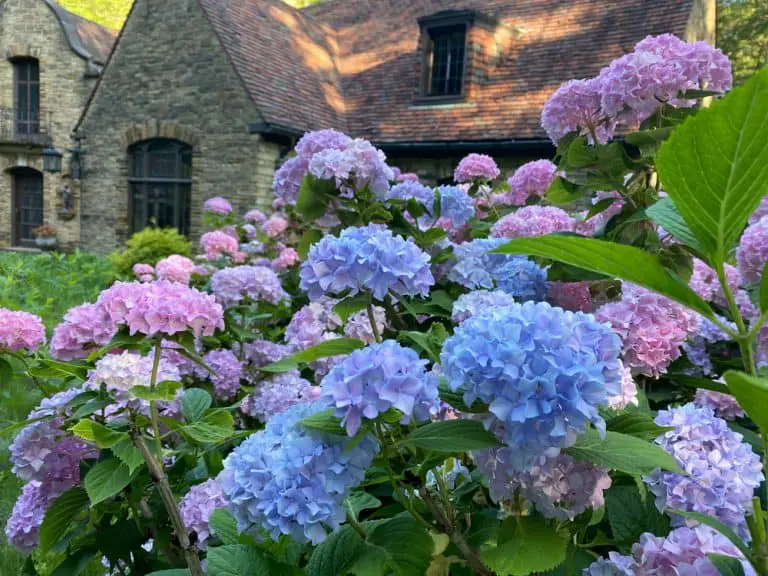
![How To Grow Tomatoes Without A Greenhouse [Essential Growing Tips!]](https://aboveandbeyondgardening.com/wp-content/uploads/2022/08/how-to-grow-tomatoes-without-a-greenhouse-768x588.jpg)
![11 Best Companion Plants For Oregano & What To Avoid! [2023]](https://aboveandbeyondgardening.com/wp-content/uploads/2022/11/companion-plants-for-oregano-768x512.jpg)
